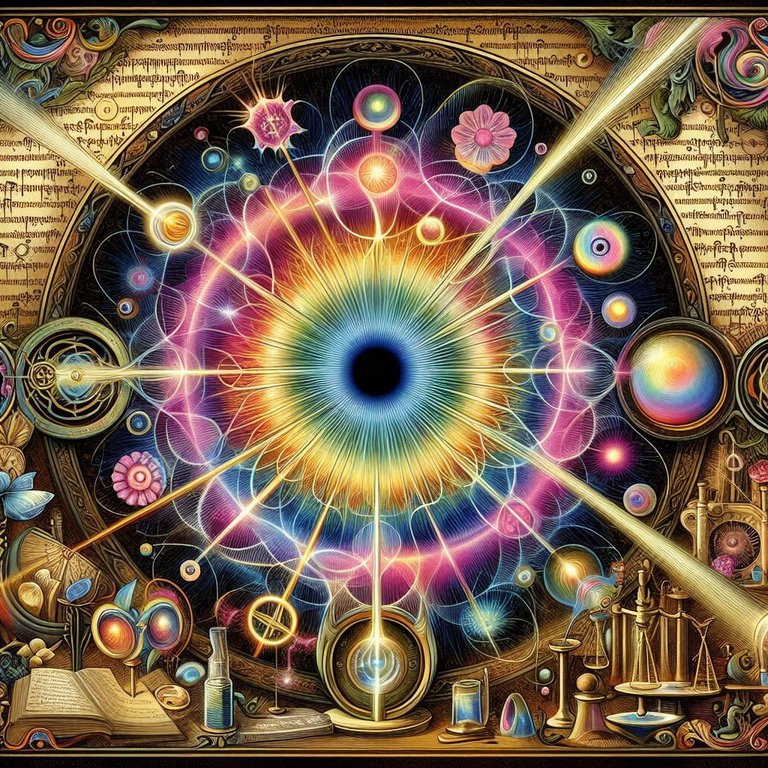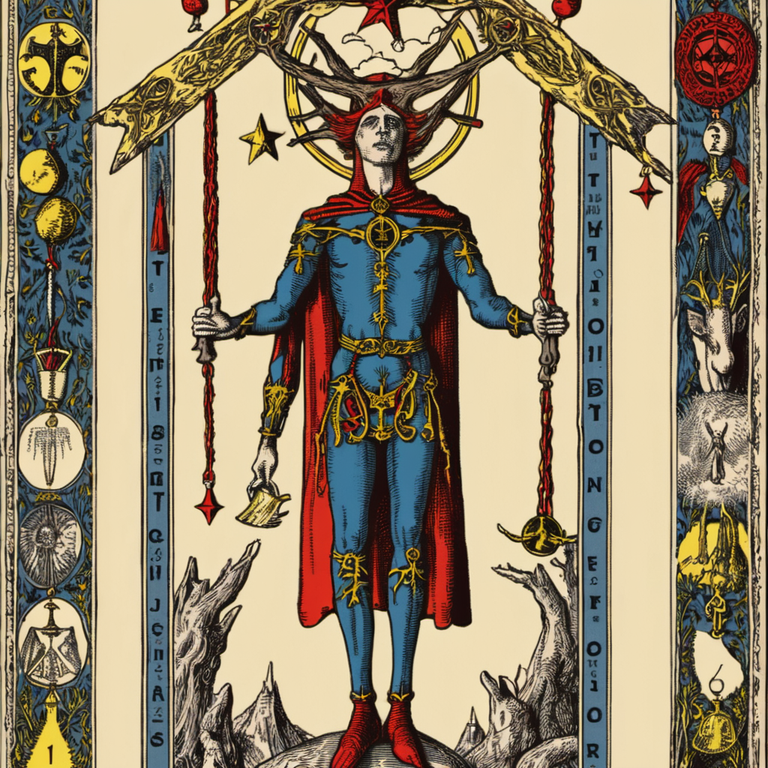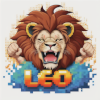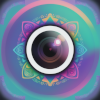Through the Looking Glass- A Few Thoughts on Magister Ludi - The Glass Bead Game - HERMANN HESSE
He read the veinings of a leaf, the pattern on a mushroom cap, and divined mysteries, relations, futures, possibilities: the magic of symbols, the foreshadowing of numbers and writing, the reduction of infinitudes and multiplicities to simplicity, to system, to concept. For all these ways of comprehending the world through the mind no doubt lay within him, nameless, unnamed, but not inconceivable, not beyond the bounds of presentiment, still in the germ, but essential to his nature, part of him, growing organically within him. And if we were to go still further back beyond this Rainmaker and his time which to us seems so early and primitive, if we were to go several thousand years further back into the past, wherever we found man we would still find - this is our firm belief - the mind of man, that mind which has no beginning and always has contained everything that it later produces.”
Hermann Hesse- The Glass Bead Game

This novel won Hesse the Pulitzer prize in literature. It's a tour-de-force into the intellectual, social, and spiritual implications of a "Glass Bead Game", whose actual mechanics remain a mystery, but it is based on the idea of reducing complex concepts or ideas down to their essence, like glass beads, which can then be combined and recombined to create novel configurations of knowledge.
At various times the Game was taken up and imitated by nearly all the scientific and scholarly disciplines, that is, adapted to the special fields. There is documented evidence for its application to the fields of classical philology and logic. The analytical study of musical values had led to the reduction of musical events to physical and mathematical formulas. Soon afterward philology borrowed this method and began to measure linguistic configurations as physics measures processes in nature. The visual arts soon followed suit, architecture having already led the way in establishing the links between visual art and mathematics. Thereafter more and more new relations, analogies, and correspondences were discovered among the abstract formulas obtained in this way.
Hermann Hesse- The Glass Bead Game

The fascinating thing about this novel is that it was written before computers became a reality, but the parallels between the Game and the programming languages now materializing in graphical form are uncanny. Hesse appears to be describing a system very similar to today's digital worlds that we create and share with pixelated electronic beads.
Each discipline which seized upon the Game created its own language of formulas, abbreviations, and possible combinations. Everywhere, the elite intellectual youth developed a passion for these Games, with their dialogues and progressions of formulas. The Game was not mere practice and mere recreation; it became a form of concentrated self-awareness for intellectuals. Mathematicians in particular played it with a virtuosity and formal strictness at once athletic and ascetic. It afforded them a pleasure which somewhat compensated for their renunciation of worldly pleasures and ambitions. For by then such renunciation had already become a regular thing for intellectuals. The Glass Bead Game contributed largely to the complete default of feuilletonism and to that newly awakened delight in strict mental exercises to which we owe the origin of a new, monastically austere intellectual discipline.
Hermann Hesse- The Glass Bead Game

In present times, we have access to different forms of "concentrated self-awareness" in languages or interfaces that allow us to stitch together the game of our real and virtual selves. Most of us don't have to interact with the underlying programmatic language, but interface with the knowledge beads concentrated on the graphical user interface.
He invented for the Glass Bead Game the principles of a new language, a language of symbols and formulas, in which mathematics and music played an equal part, so that it became possible to combine astronomical and musical formulas, to reduce mathematics and music to a common denominator, as it were.
Hermann Hesse- The Glass Bead Game

Strangely enough, the Game becomes self-aware in the story. I couldn't find the exact quote, but the language of the game gains awareness of itself. I think Hesse predicted in a methodical and logical manner, the rise of artificial intelligence. For reals.
The Glass Bead Game, formerly the specialized entertainment of mathematicians in one era, philologists or musicians in another era, now more and more cast its spell upon all true intellectuals. ... After Joculator Basiliensis' grand accomplishment, the Game rapidly evolved into what it is today: the quintessence of intellectuality and art, the sublime cult, the unio mystica of all separate members of the Universitas Litterarum. In our lives it has partially taken over the role of art, partially that of speculative philosophy.

The Glass Bead Game is a virtuoso performance by Hesse, whose prose swings across several esoteric fields of importance to a particular brand of unorthodox intellectuals who have existed throughout different eras. Which makes me wonder, who was this book written for? The author's main thesis is that all fields of knowledge are different aspects of the same wavelength or universal consciousness, sort of speak, just vibrating at different frequencies, but if you combine and recombine the disparate elements using a new medium of communication, then you can obtain surprising and wonderful results in the quest for experiential purity and clarity.
But now for the first time I had heard the inner voice of the Game itself, its meaning. It
had reached me and penetrated me, and since that moment I have believed that our royal game is
truly a lingua sacra, a sacred and divine language.
 |  |  |  |
|---|---|---|---|
| X | InLeo | NFT Showroom |
👌
Knowledge and ancient books are from ancient times, knowledge that comes from many places and is there for those prepared to know. Excellent story and the images are great!😃
Thank you, @avdesing. Although Hesse is a German author, he became very popular in the English speaking world, especially during the 1960s. Cool guy!
🤗🤗🤗
Oh wow, as someone who admired Hesse's work, how come I didn't know about this. I admired his Siddharta, Demian and Steppenwolf. These three defined me personally so I am surprised I've never came into contact with this. Also this one sounds like typical Hesse's works too that combines spirituality, symbolism and exploration of duality. Will have this on my list, I am currently reading iliad by Homer but will make time for this :D
This is a deep but very slow-moving book. It's considered his magnum opus. To me, it represents a summary of his philosophy and insights into the nature of things, which he had originally described across the books you mentioned. It's one of those books that you can't possibly grasp in one reading but have to return to for more beads of wisdom. :)
Oh yeah! I had a hard time reading Steppenwolf and I had to re-read it almost 5 times. Sounds like this book is definitely one of those too!
Thank you for sharing this awesome review with us and highlighting one of Herman Hesse work that might not get the proper highlight it deserves.
Thank you, @hivebookclub! It was a pleasure writing the review.
"it was written before computers became a reality"
I really always respect novels that are written before computers age because it really missed a whole lot of things definitely
It's a great story. Predicting the future is always difficult :)
Wow! This novel won the Pulitzer prize? Interesting! Do youhve the soft copy- E book?
I have a very old hard copy, so I haven't gotten around to get a digital one. It's a great read, if you're into that sort of story.
I’ll check if this book is online.
Thank you.🌹